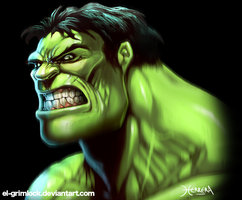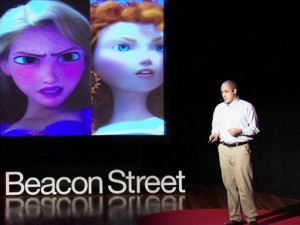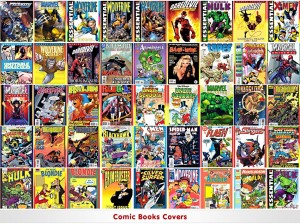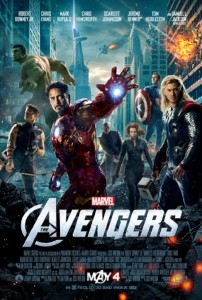My trip into the “Forbidden Planet” comic book store was a cool, and surreal experience. Tucked away on the side of Broadway by Union Square, one person referred to it as a “geek haven.”
She later went on to say, “As someone who loves comics, graphic novels, collectible figures, etc., I don’t know why it took me this long to visit Forbidden Planet, which I am told, is a NYC classic and institution for comic books and the like. I am actually ashamed that it took me this long. I can spend hours here, easily. It’s not an overwhelming store by any means. The layout is well-organized, and their comics and graphic novels are placed in alphabetical order on the shelves. Very cool collectible figures and toys are prominently displayed at the front.”

Doesn’t that mean that because comic book stores like the “Forbidden Planet” are thriving, that the comic book industry is also at a peak? Or has the digitalization of comics caused a decrease in actual comic sales?
Vaneta Rogers, comic book sales blogger explained, “”Publishers taking chances with increased discounts and returnability on certain launch titles has helped retailers find the ceiling easier on those titles,”On-time shipping also helps keep cash flow positive. Compelling stories shipping on a regular schedule are key to maintaining strong comics sales. We’ve gone through a major sea change, much like in the mid/late 80’s where both of the major publishers (Marvel and DC) have raised the grass and planted new seed in the last two years,” Wellman said. “This has led to some grumbling from old time readers, but also much excitement from new blood who has been watching blockbuster super-hero movies for the last decade and just waiting for the perfect ‘jumping-on’ point.”

So the increase in comic book sales, stems from the newfound appreciation created by the release of superhero movies, like the Avengers.







